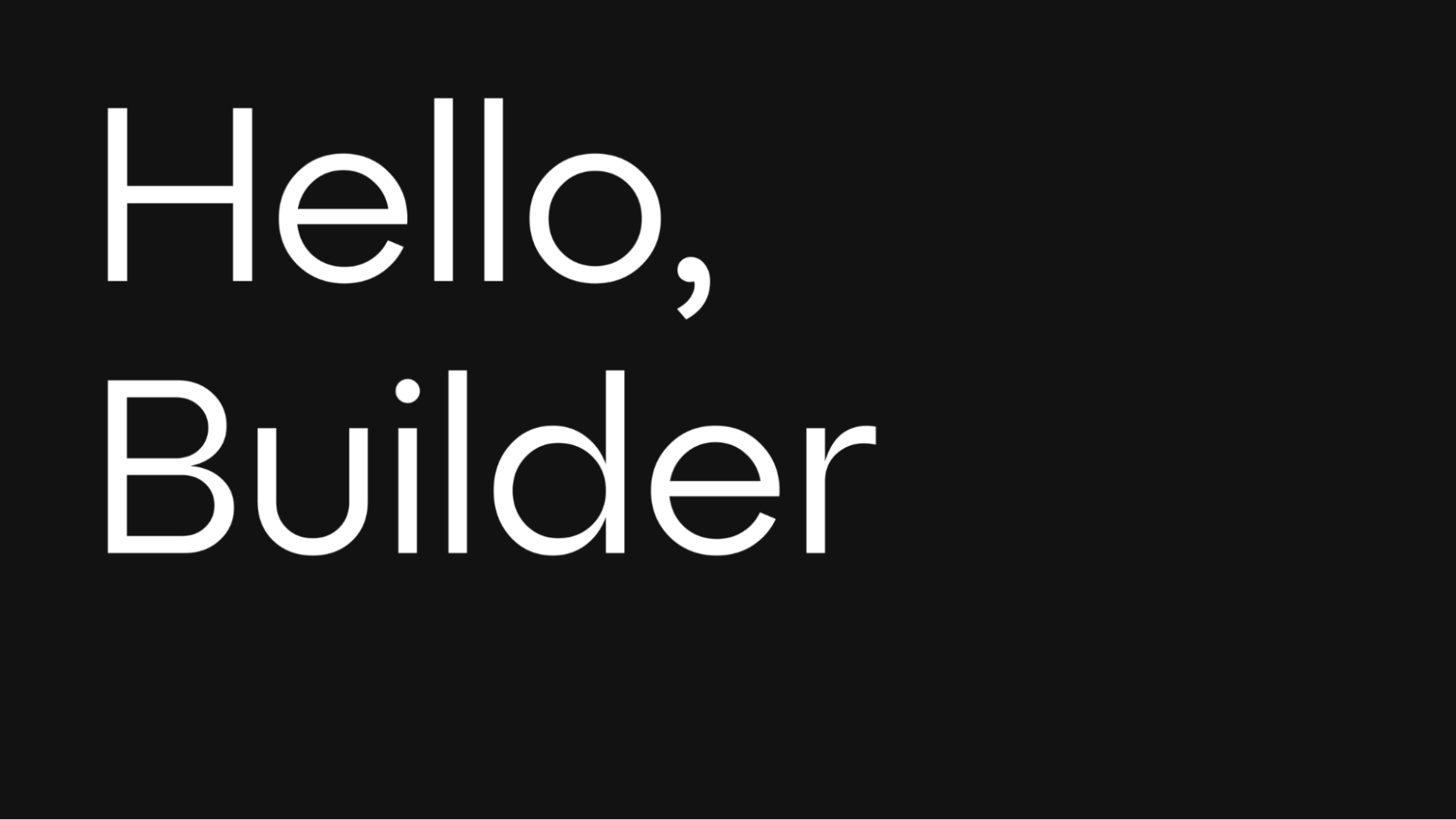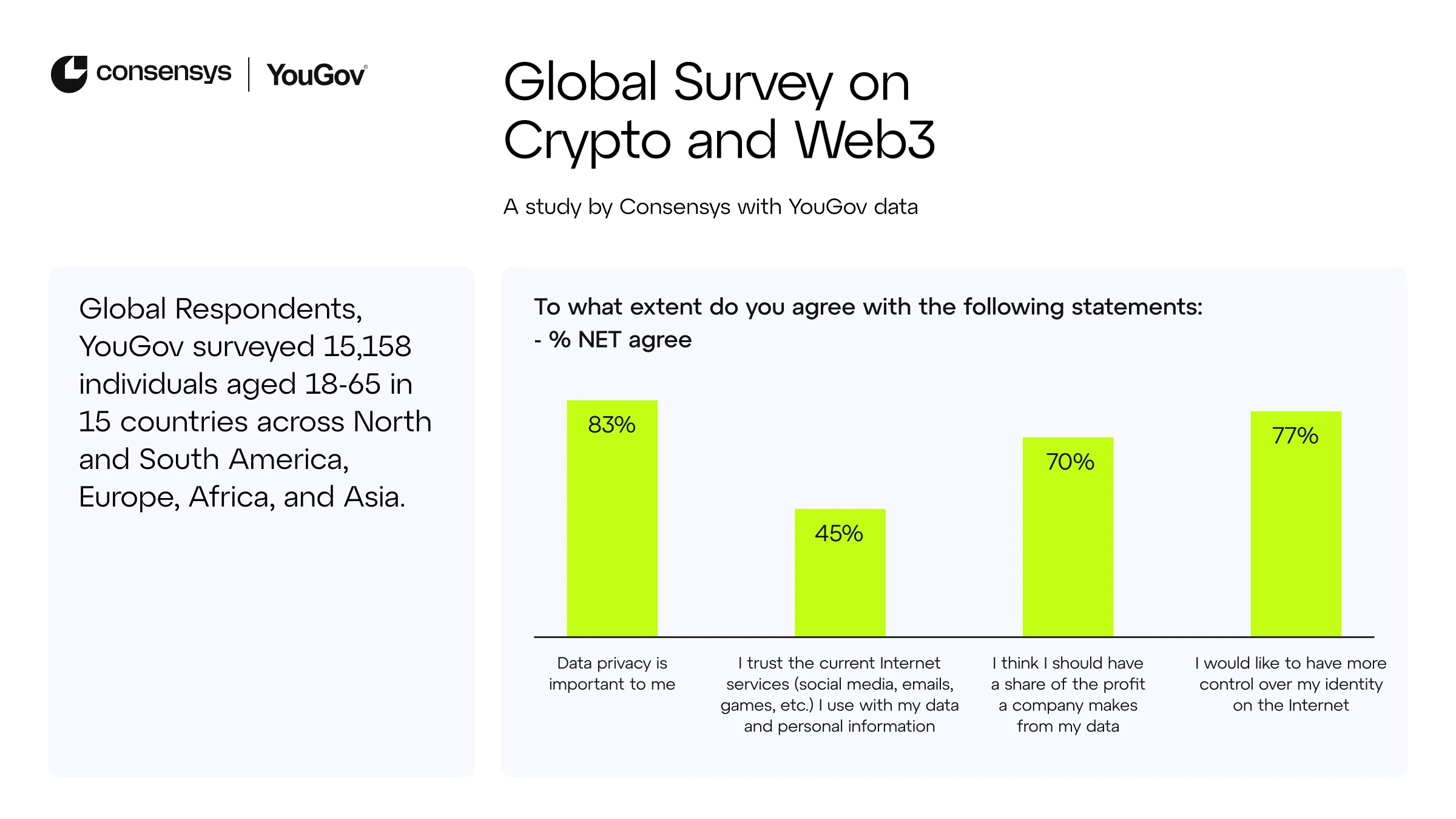In 2008, Satoshi Nakamoto invented a new kind of global ledger, the blockchain. In doing so, he invented a fundamentally new kind of trust — decentralized trust. Satoshi flipped the societal trust vector upside down by shifting the trust paradigm from a top-down model, administered by authorities and their intermediaries, to a bottom-up, power-of-the-people-model based on a global open database that logs all transactions, enabling anyone to directly inspect what happens and when. Fast forward to the present day and this paradigm shift of progressive decentralization, known as web3, is already rightsizing or replacing intermediaries in industries like entertainment, where that mediation is extracting outsized value or wielding consolidated power.
The web3 paradigm shift we’re witnessing starkly contrasts with the business models of the last century, where corporations have operated in adversarial relationships with their customers, extracting as much value as possible in exchange for as little as possible. In many ways, the business model of the web so far has been a hangover from the dominant business model of the 20th Century: manufacture products for sale and advertise to create (often artificial) demand. What’s more, social media and AI algorithms have made this business model even more toxic and dangerous to society.
Decentralized protocols and decentralized organizations will finally usher in the native business model of the web, which will be community-centric and user-empowering in contrast to the exploitative models of web2.
In recognition and reaction to such exploitative practices, we at Consensys have observed over the years how the power that once resided solely within centralized corporations is becoming progressively decentralized by the diverse creativity of the growing web3 ecosystem.
Everyday our ecosystem builds the technology to enable a world where trust is decentralized, creators maintain control over their works, the power of finance becomes accessible to all, and individuals have much more control and influence over the systems upon which their lives and identities depend. We are building a world where we are not just passive consumers on the web or worse, products monetized by social media companies. Finally we will all be active builders of the web, realizing its long anticipated potential.
We have come to understand that in order to see the web3 paradigm shift through, a broad spectrum of talents, skills, and experiences are required. It has become clear to us that the builders in web3 are not only software developers, researchers, and entrepreneurs. They are artists, writers, musicians, protocol politicians, educators… Each bringing a unique perspective to form the collective essence and ultimately, wisdom, at the core of web3 and an increasingly decentralized future.
Everyone in web3 is building and thus, we celebrate them as a Builder. Whether it's an NFT, a collection of them, a dapp, a DAO, a policy, a protocol, or a well-informed vote — the builder spark is alive in each and every one of us. It is existential: I build, therefore I am.

